Can I Do A Roth Conversion Before Age 59 ½?
I received a great question recently from one of my readers that I’d love to address today.
The question was about Roth conversions and whether it’s possible to do one before reaching age 59 ½. As you may know, age 59 ½ is often considered the "magic number" when it comes to retirement accounts.
That’s the age at which you can begin taking distributions from your retirement accounts without facing any penalties. But does that same rule apply when it comes to Roth conversions? Let’s break it down.
What Is a Roth IRA and Why Convert?
A Roth IRA is a retirement account where you contribute after-tax dollars. Unlike traditional retirement accounts like 401(k)s or traditional IRAs, where your contributions are made with pre-tax dollars (thus lowering your taxable income for that year), contributions to a Roth IRA are made with money you’ve already paid taxes on.
The real benefit of a Roth IRA is that, once the money is in the account, it grows tax-free. Any gains, interest, or dividends you earn within the Roth IRA are not subject to taxes, and once you reach the age of 59 ½ (assuming you’ve had the account for at least five years), you can take the money out tax-free as well.
Many people have substantial amounts of money in traditional retirement accounts like IRAs and 401(k)s, which were funded with pre-tax money. The good news is that you can convert these pre-tax retirement funds into a Roth IRA through what’s called a Roth conversion. This allows you to pay taxes on the money upfront and benefit from tax-free growth for years to come.
Can You Do a Roth Conversion Before Age 59 ½?
The short answer is yes, you absolutely can do a Roth conversion before the age of 59 ½ without triggering the 10% early withdrawal penalty. But, there are some important caveats to keep in mind when considering a Roth conversion before reaching that age.
The Five-Year Rule and Other Considerations
While you can convert money from a traditional IRA or 401(k) to a Roth IRA before 59 ½, you’ll still need to be mindful of the five-year rule. This rule stipulates that if you convert funds to a Roth IRA, and then withdraw those converted funds within five years, you may face a 10% penalty. So, if you’re planning to convert funds and need to access them within the next five years, be aware that you could be hit with that penalty.
Another thing to consider is that if you convert funds to a Roth IRA and then try to take those funds out before you turn 59 ½ (even if you’ve passed the five-year period), those funds could still be subject to the 10% early withdrawal penalty.
As a general guideline, if you’re going to do a Roth conversion, it’s important to plan to leave the funds in the Roth IRA for several years. This gives you the best chance to fully take advantage of the tax-free growth potential that Roth IRAs offer.
How Does the Roth Conversion Process Work?
Let’s take a look at how you can execute a Roth conversion. First, let’s assume you’re looking to convert funds from a retirement account like a 401(k) into a Roth IRA.
Set Up the Accounts: You’ll need both a Traditional IRA and a Roth IRA at the same financial institution. For example, my firm, Morrissey Wealth Management, works with Charles Schwab. You could open both accounts at Schwab (or another custodian of your choice).
Roll Over Your Funds: If the money is currently in a 401(k) or other employer-sponsored retirement plan, you’ll first need to roll that money into a Traditional IRA. Contact your plan provider and request a rollover to your Traditional IRA at your chosen custodian.
Initiate the Conversion: Once the funds are in your Traditional IRA, you can request the Roth conversion. This involves filling out paperwork with your IRA custodian (like Charles Schwab) to specify how much you want to convert and any taxes to withhold.
Paying Taxes: It’s essential to consider how you’ll handle the taxes on the conversion. You can either pay the taxes directly from the conversion amount or separately, but I recommend paying the taxes separately if possible. This way, more of your converted funds stay in the Roth IRA, benefiting from tax-free growth.
Invest the Funds: The final step (often overlooked) is to invest the funds once they’re converted. If you simply leave the money sitting in cash, it won’t grow as quickly as it would if you invest it in stocks, bonds, mutual funds, or ETFs. Make sure to put your funds to work so they can grow over time.
Who Should Consider a Roth Conversion?
A Roth conversion might not be the right move for everyone, but there are certain situations where it makes a lot of sense. Here are a few scenarios where a Roth conversion could be beneficial:
High Earners Who Exceed Roth IRA Contribution Limits: If you’re making too much money to contribute directly to a Roth IRA, a Roth conversion is a way to get funds into a Roth account.
Expecting Higher Taxes in Retirement: If you anticipate being in a higher tax bracket in retirement due to significant retirement savings, pensions, or Social Security income, converting some of your funds to a Roth IRA can help reduce future tax burdens.
Long Time Horizons: If you’re relatively young and have 20-30 years or more until you’ll need the funds, converting now and allowing the money to grow tax-free in a Roth IRA could be an excellent strategy.
Low Income Years: If your income is lower this year (for example, if you’re between jobs), a Roth conversion might make sense because you’ll be paying taxes on the conversion at a lower rate.
Wanting to Leave a Legacy: If you don’t plan on using all your retirement assets and want to pass them down to your heirs, converting funds to a Roth IRA can be an excellent way to leave tax-free money to your beneficiaries.
Closing Thoughts
While a Roth conversion before age 59 ½ is entirely possible, it’s important to understand the rules, like the five-year rule, and make sure that a conversion fits into your overall retirement strategy. Whether you’re converting a portion of your IRA or rolling over funds from a 401(k), it’s essential to weigh the benefits and potential drawbacks.
If you’re considering a Roth conversion, I encourage you to speak with a financial advisor to help you navigate the process and ensure it aligns with your long-term goals.
If you have a question or topic that you’d like to have considered for a future episode/blog post, you can request it by going to www.retirewithryan.com and clicking on ask a question.
As always, have a great day, a better week, and I look forward to talking with you on the next blog post, podcast, YouTube video, or wherever we have the pleasure of connecting!
Written by Ryan Morrissey
Founder & CEO of Morrissey Wealth Management
Host of the Retire with Ryan Podcast





